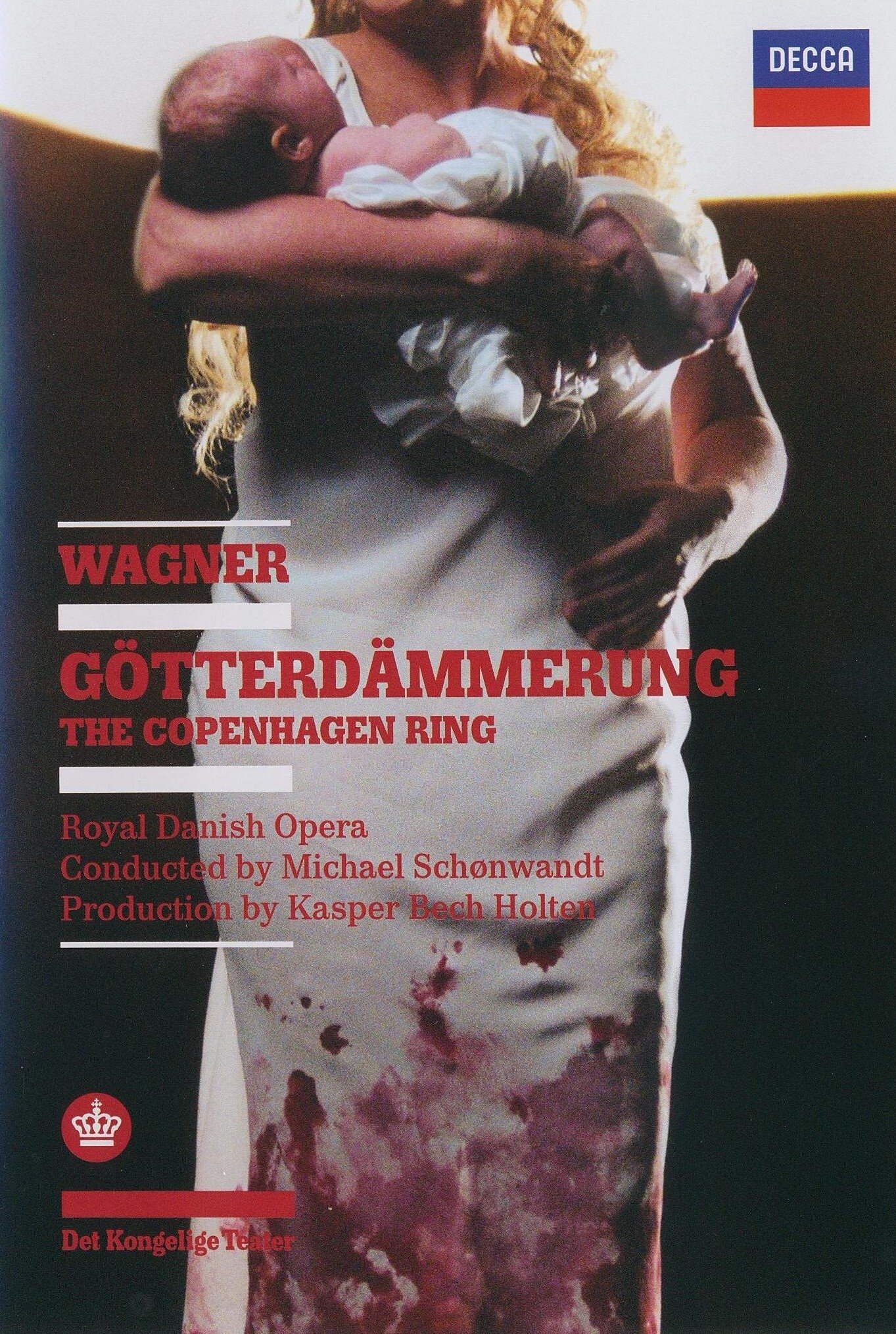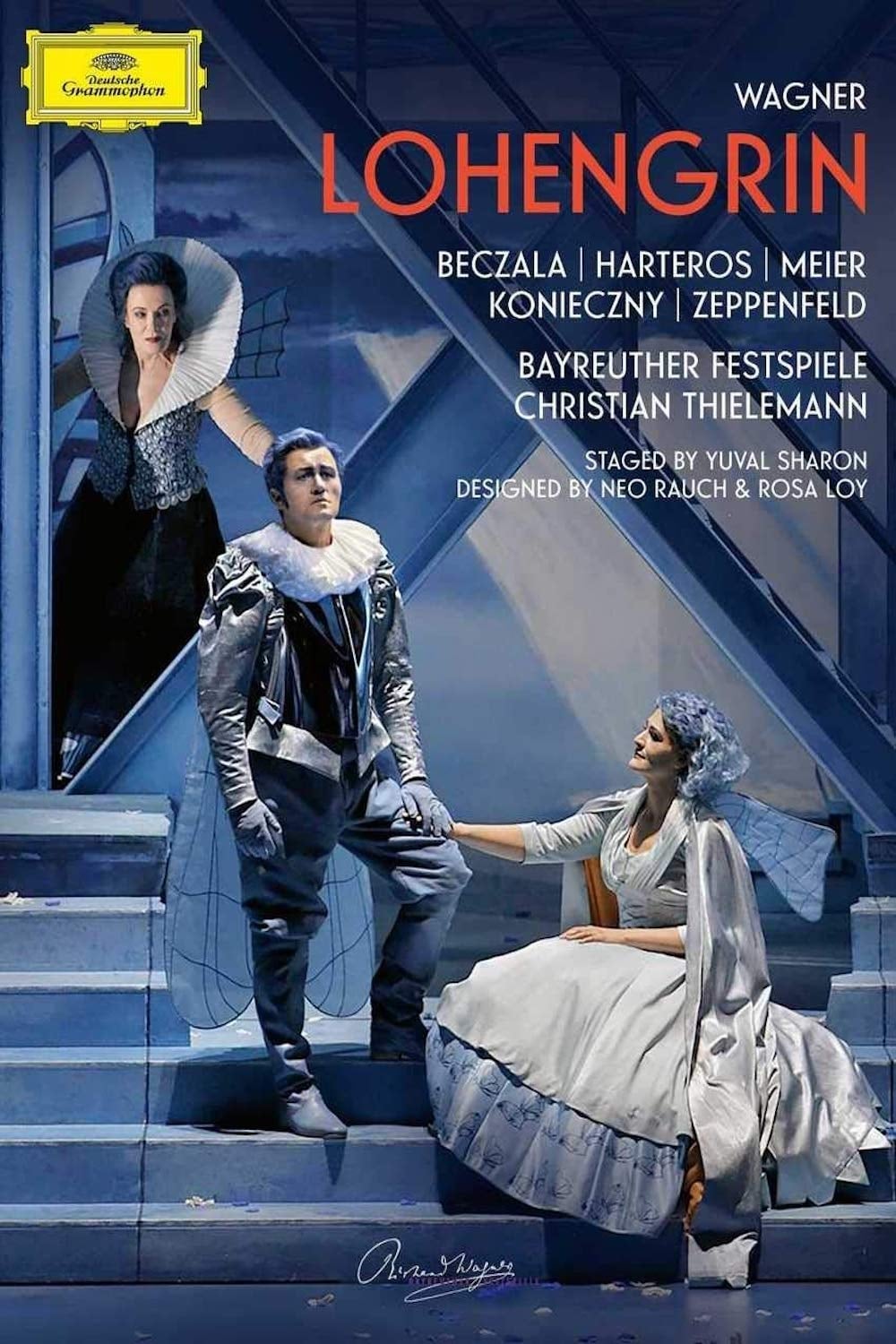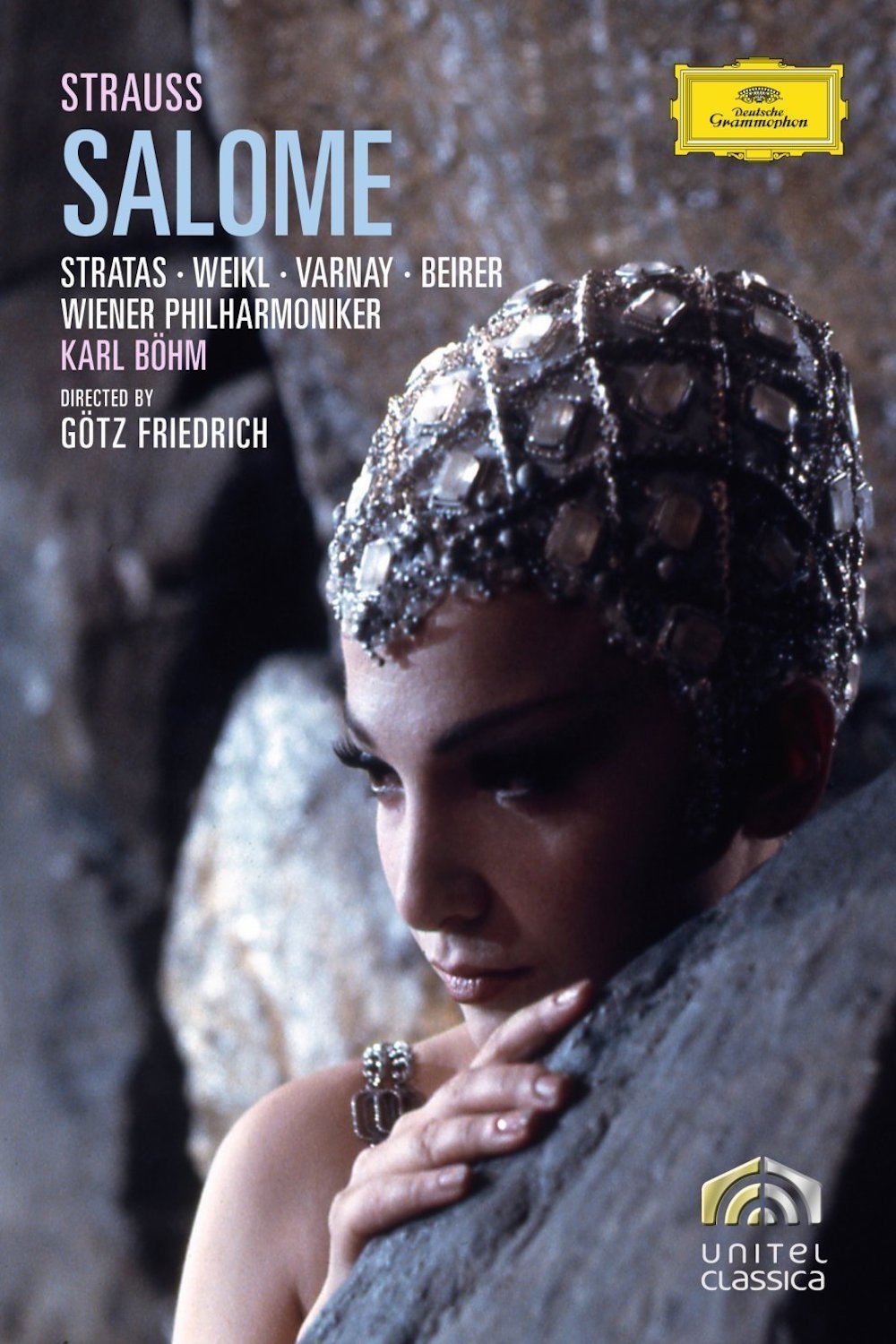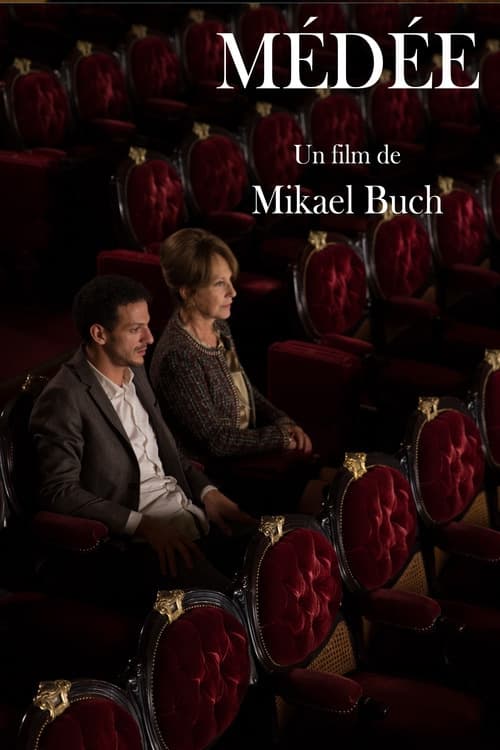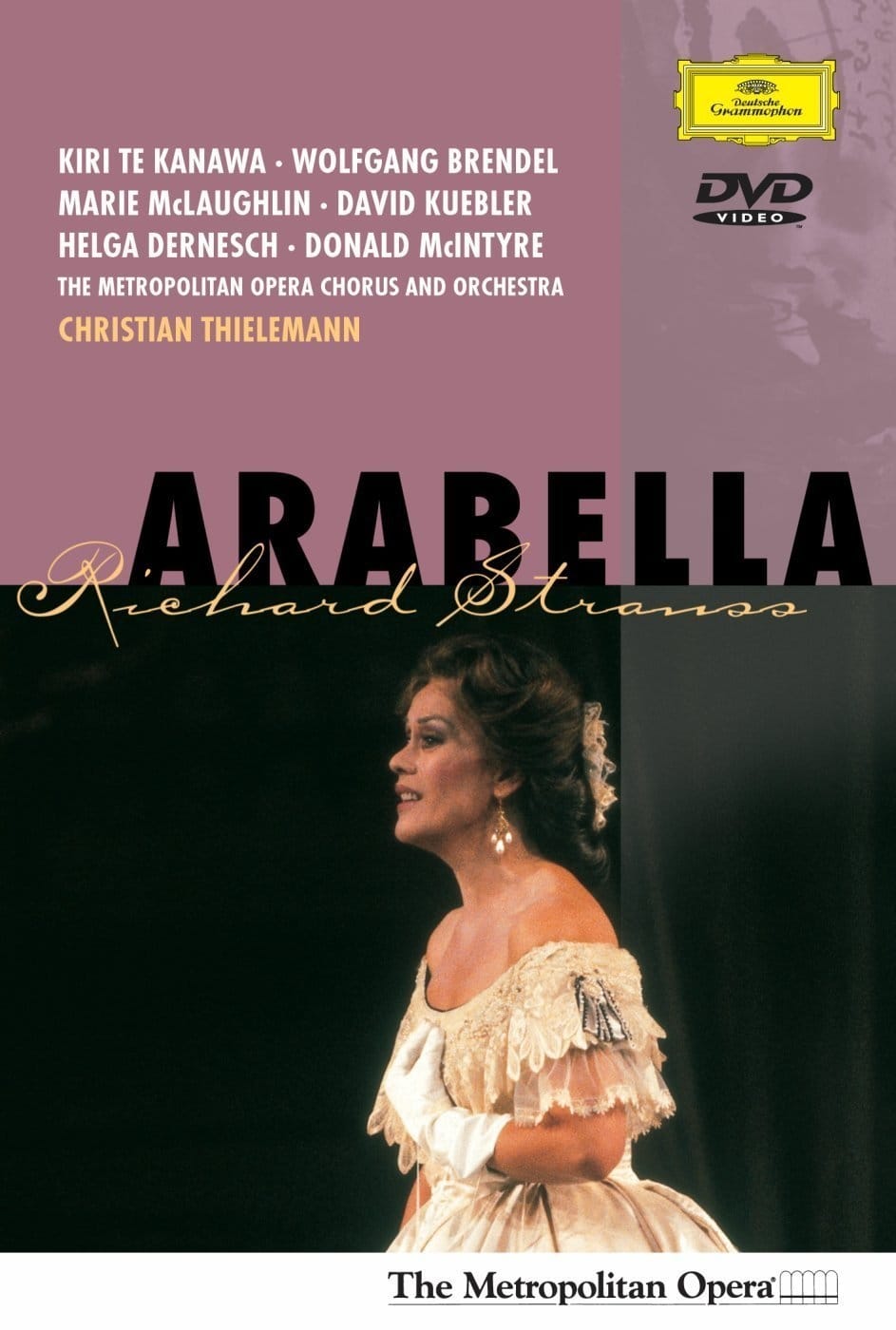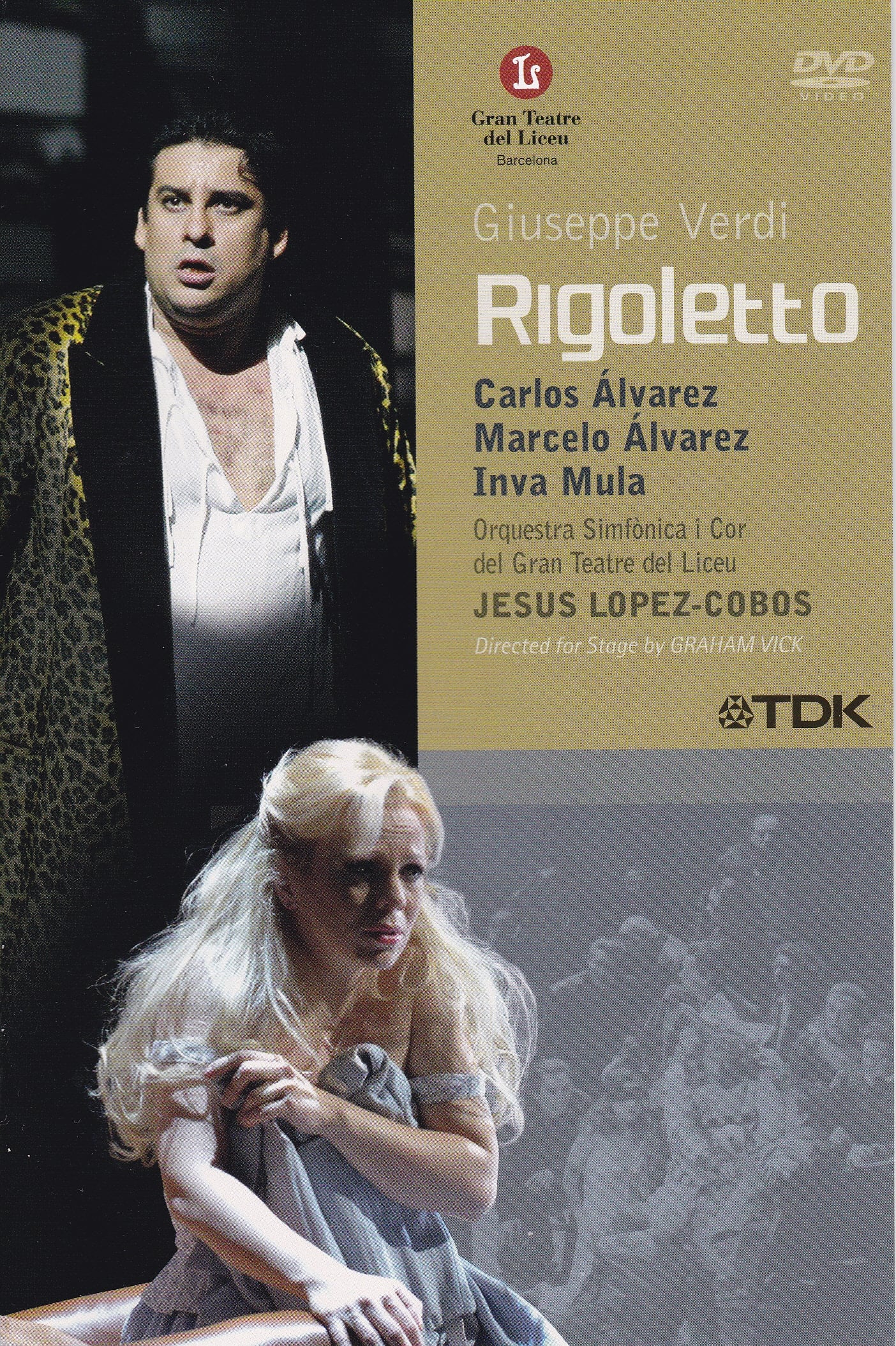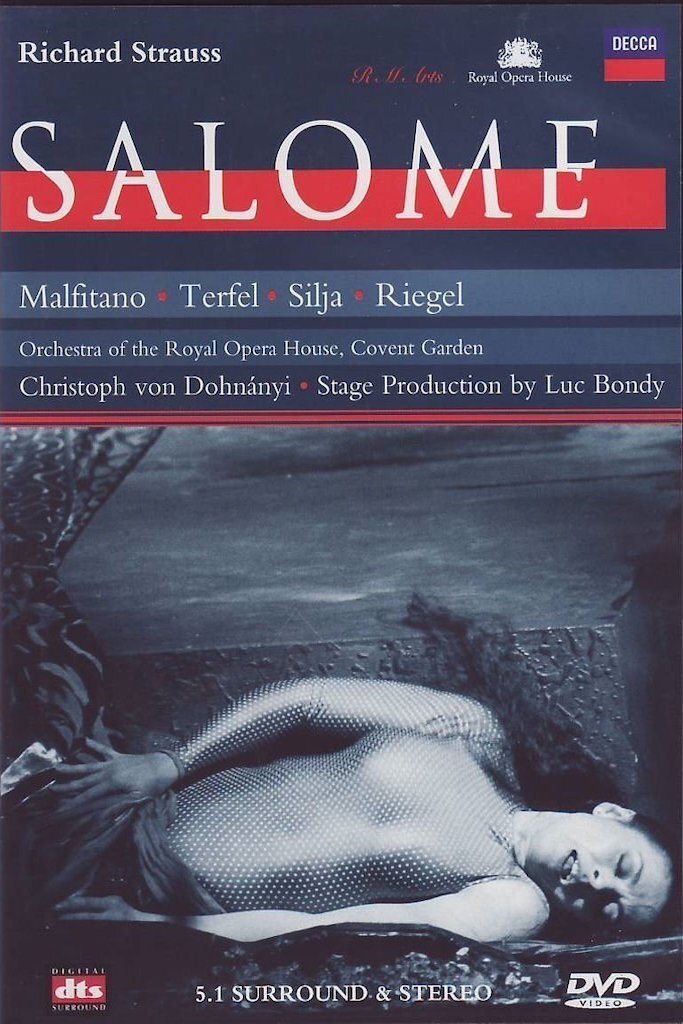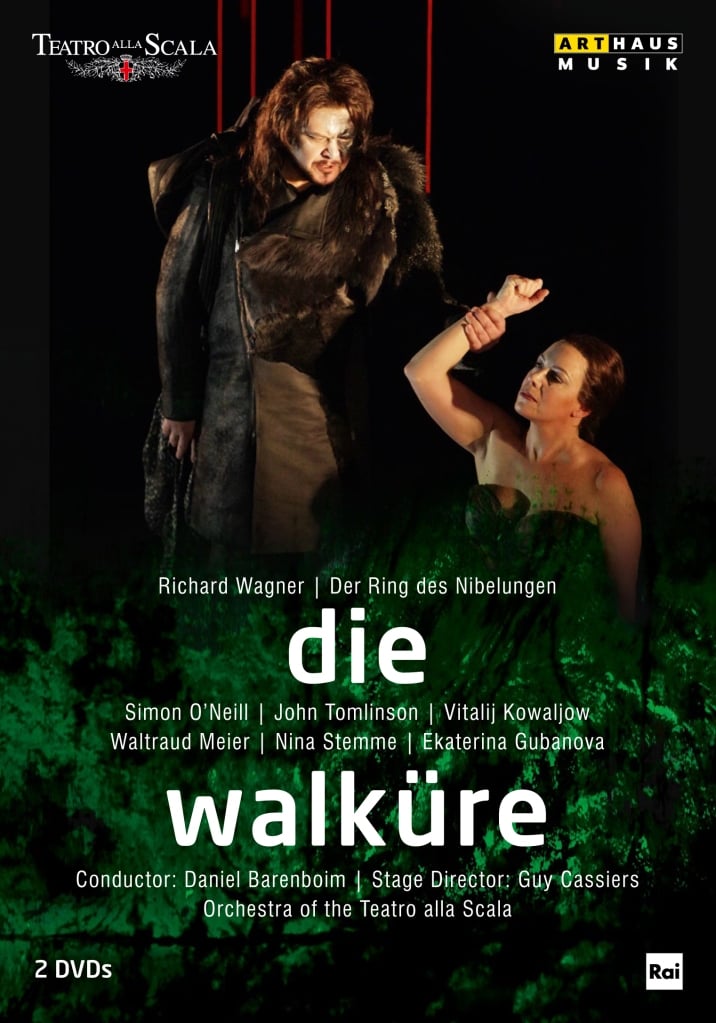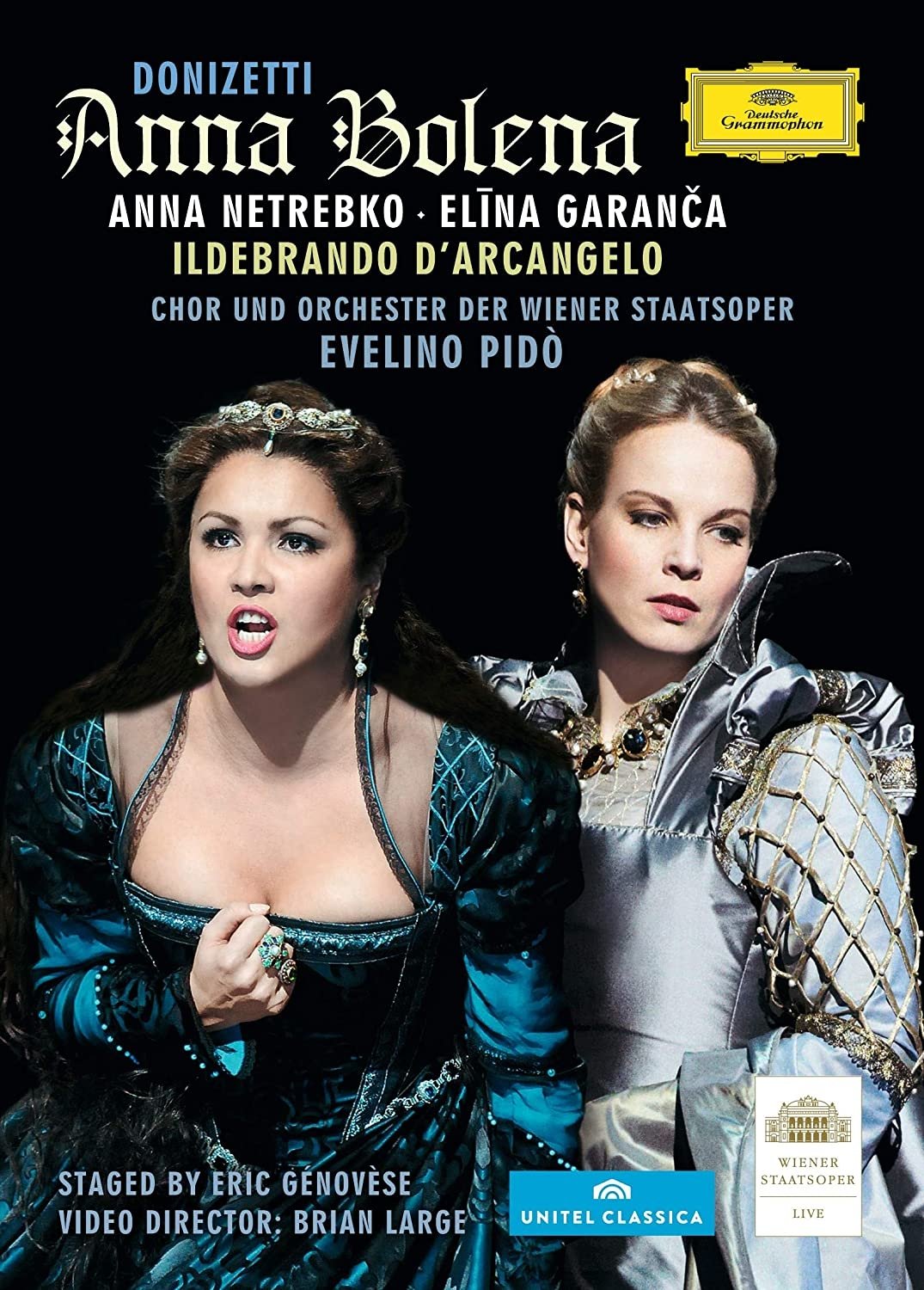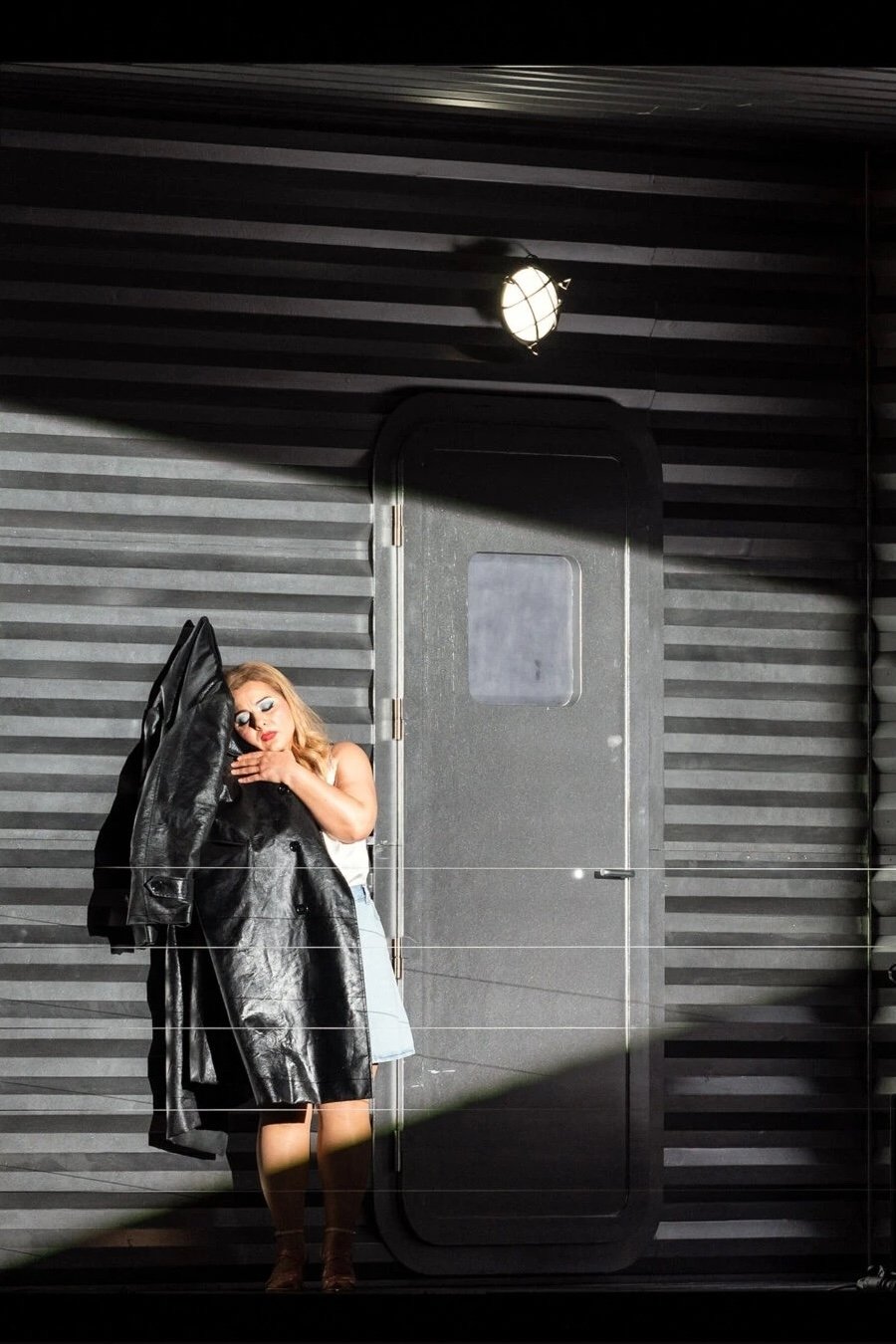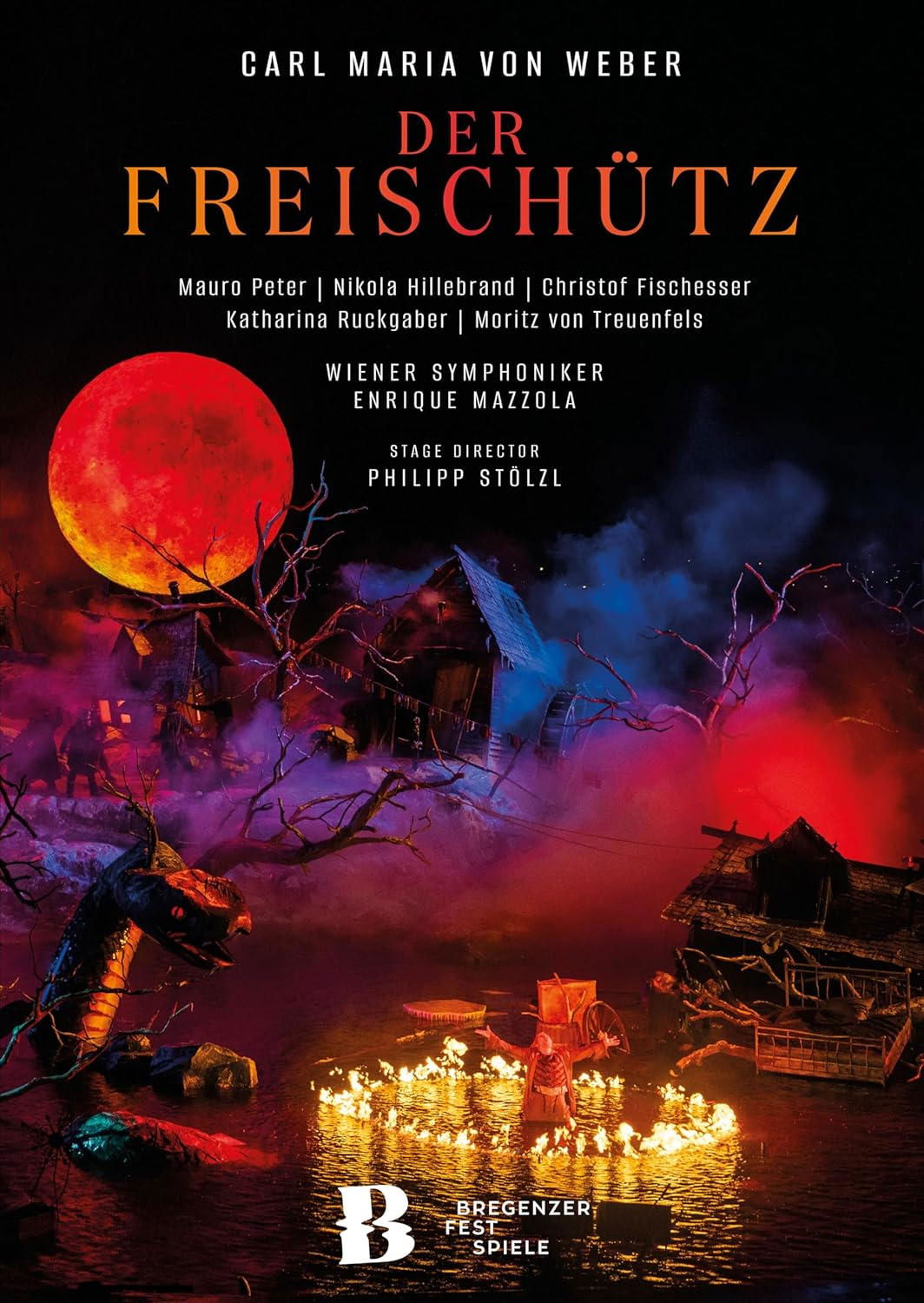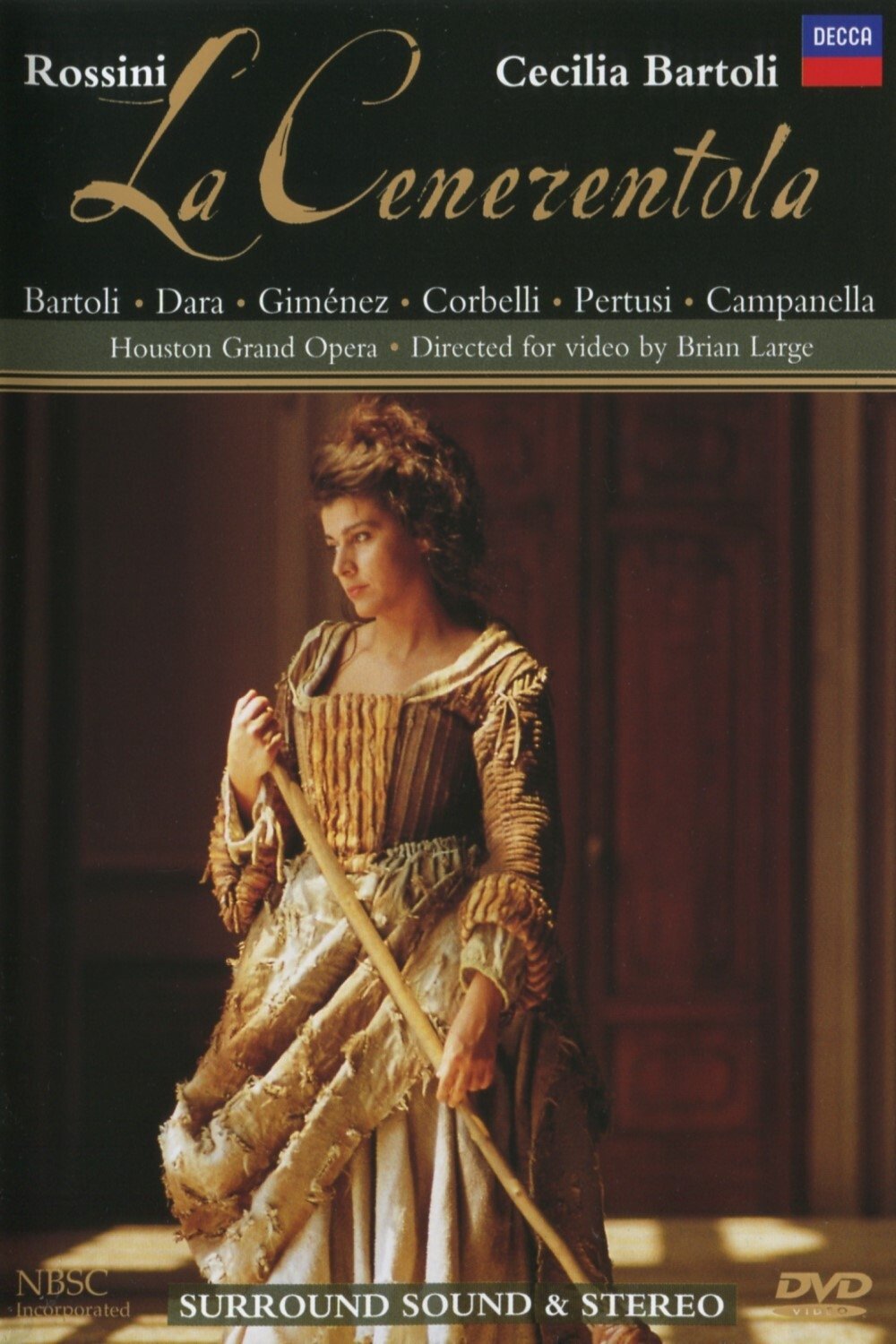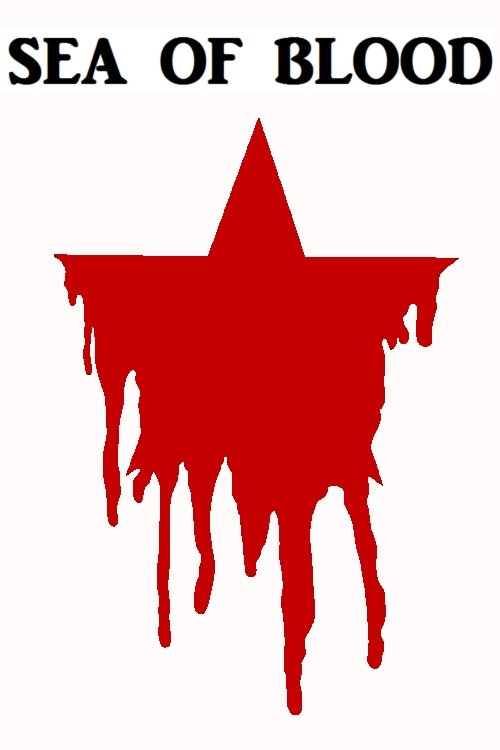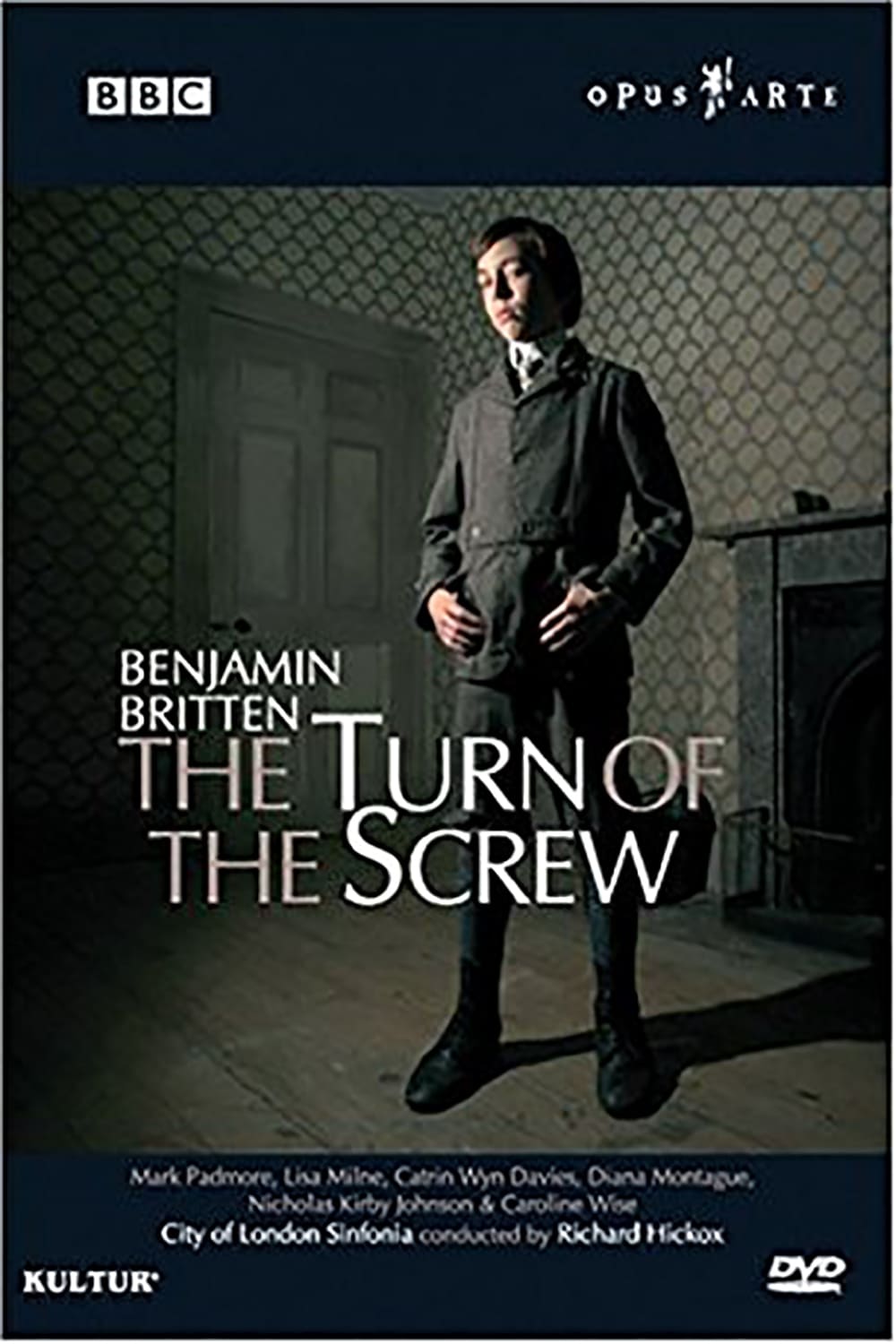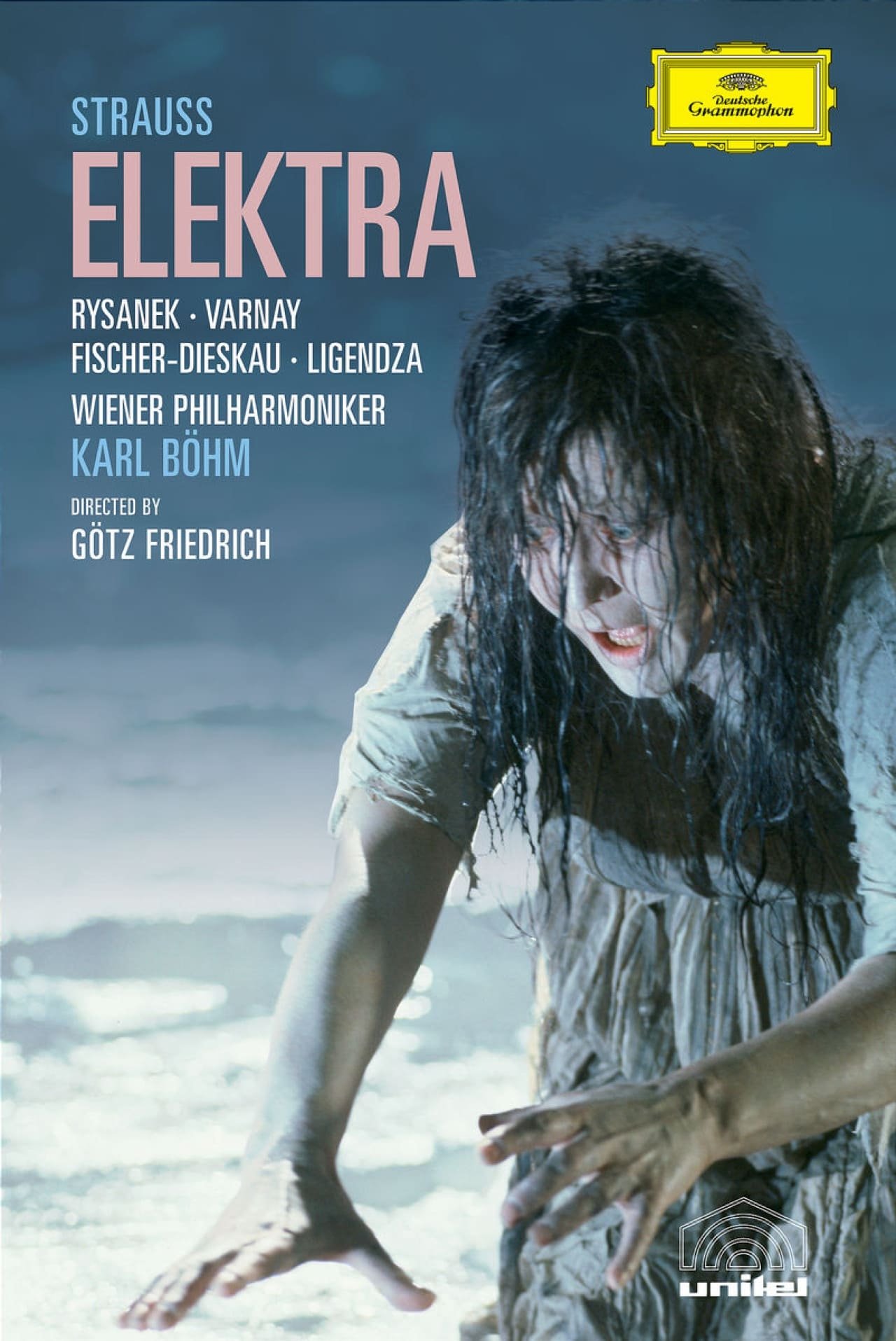Cast & Crew
13 members
Acting
Stig Fogh Andersen
Siegfried
No Image
Acting
Sten Byriel
Alberich
No Image
Acting
Peter Klaveness
Hagen
No Image
Acting
Iréne Theorin
Brünnhilde
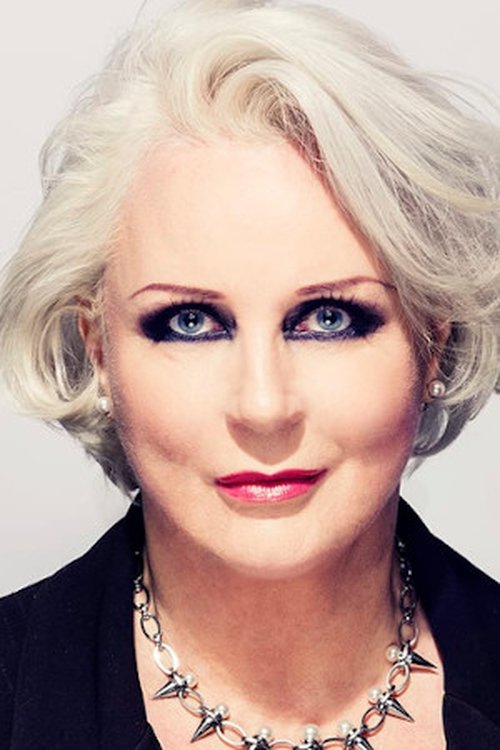
Acting
Guido Paevatalu
Günther
No Image
Acting
Ylva Kihlberg
Gutrune
No Image
Acting
Annette Bod
Waltraute
No Image
Acting
Elisabeth Meyer-Topsøe
Wellgunde
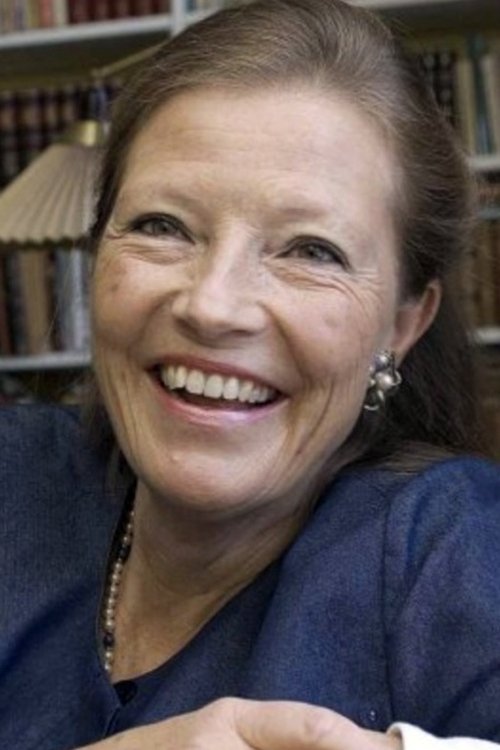
Acting
Djina Mai-Mai
Woglinde
No Image
Acting
Ulla Kudsk Jensen
Flosshilde
No Image
Acting
Susanne Resmark
First Norn
No Image
Acting
Hanne Fischer
Second Norn
No Image
Acting
Margrethe Dahl
Third Norn
No Image
Similar Movies
Recommended Movies

No Recommendations Yet
We're working on finding the perfect movies for you. Check back soon!
More movies coming soon
